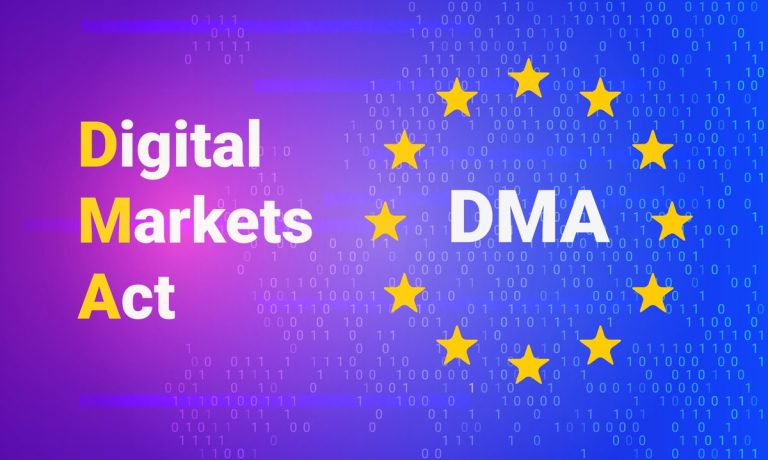EU’s Vestager Wants EU Digital Laws to Inspire Others

European Commission Vice President Margrethe Vestager, in a speech at the University of California Berkeley’s Law School on Tuesday (Feb. 22), reiterated the importance of the European Union legislation to regulate digital platforms and how other countries are sharing the same views and adopting similar regulations.
One of the themes that got a prominent place in her address was the Digital Markets Act (DMA). According to Vestager, the EU recognizes that a handful of key platforms act as gatekeepers to a large part of the internet. These gatekeepers have a special responsibility to act fairly, and the Digital Markets Act will be there to remind the gatekeepers of this obligation. In her words, “with great power comes great responsibility.” Vestager hinted that while there has been important progress on the law’s text, there is still ongoing discussion with co-legislators (the European Union’s member states as well as the European Parliament), yet she hopes there will be an agreement on the final text soon.
Read more: EU Council May Push for DMA, DSA Approval Before Summer
In her address, Vestager also criticized Apple’s response to the Dutch Competition Authority, by suggesting that “[s]ome gatekeepers may be tempted to play for time or try to circumvent the rules … Apple essentially prefers paying periodic fines, rather than comply with a decision of the Dutch Competition Authority on the terms and conditions for third parties to access its App store.” Vestager stressed that access to the App store “will be one of the obligations included in the DMA.” So far, Apple’s response has been deemed impractical by the Dutch authority. This is in part because Apple’s proposal requires the development of an application from scratch for allowing the developers to use alternative payment systems. If the main players anticipate this investment will pay off at the European level, perhaps the Dutch case will pave the way for the development of these new applications that will have significant implications in the payment systems of apps. Yet it is still unclear what terms will be deemed reasonable and fair. Apple’s last offer in the Dutch antitrust case included a 27% fee for the use of the Appstore, only 3% lower than what it currently charges to the app developers.
Vestager also referred to the Digital Services Act — a law that aims to protect online consumers from unsafe and illegal products and protects people’s right to speak freely online — to emphasize that the Digital Markets Act is just one piece of a larger set of rules that define the EU Digital Agenda. The effectiveness of this agenda, according to Vestager, depends not only on what happens within the European Union but also outside. The EU is committed to actively participating in the Trade and Technology Council to find common approaches to the challenges the digital economy brings with it. Nonetheless, Vestager believes that there is a uniform trend worldwide regarding the development of digital policy. In her words, the EU and the U.S. “may not end up with the exact same laws, but it is becoming increasingly clear that we share the same basic vision when it comes to developing digital policy to protect our citizens, and to keep our markets fair and open.”
Vestager’s speech ended stressing the relevance of international cooperation: “The EU’s cooperation links are strong across the world — and they are paying dividends. For example, a few days ago, we launched the inaugural Africa-EU Competition Week, a platform for exchange and policy dialogue with our African partners. And we are keen to enhance our cooperation with other parts of the world too.” The GDPR has become a model for other jurisdictions (such as California). This “Brussels effect” may well extend to the critical new pieces of legislation European lawmakers are currently drafting.
Sign up here for daily updates on the legal, policy and regulatory issues shaping the future of the connected economy.